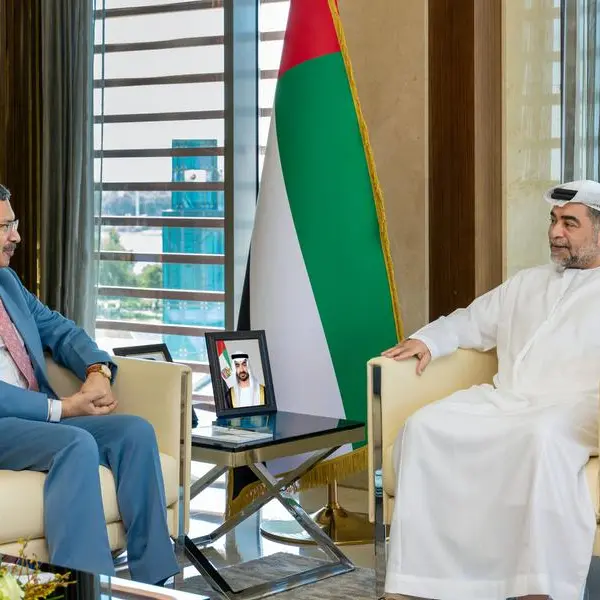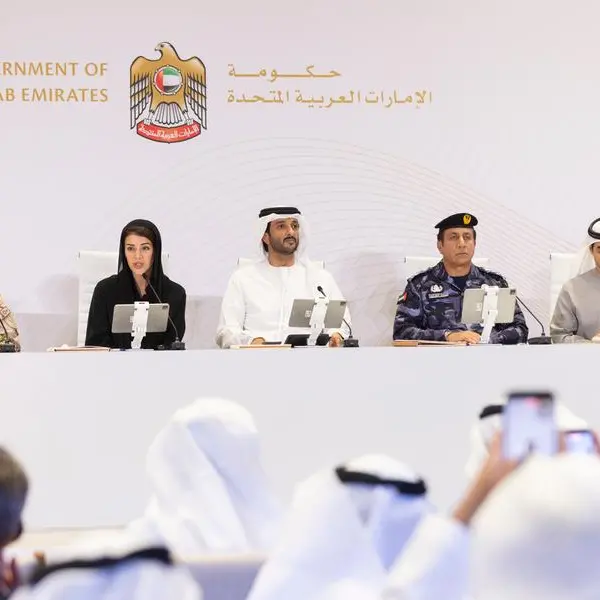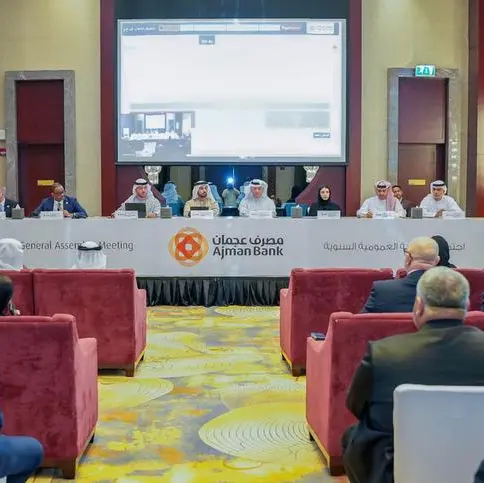The European Union recently provided €2.5mil. (Approx. to TZS 6.78/- billion) in humanitarian aid to support vulnerable refugees in Tanzania. This brings the EU’s contribution to the United Nations World Food Programme (WFP) Tanzania in 2021 to €3.5mil. (Approx. to TZS 9.49/- billion). This assistance is part of a larger EU support of €12m (Approx. to TZS 32.53 billion) for a regional humanitarian response, providing critical food and protection assistance to refugees in the Great Lakes region, including Tanzania, the Democratic Republic of the Congo and Rwanda.
The EU’s humanitarian aid funding is made available to WFP so that the latter can provide food and nutritional assistance to refugees in Nyarugusu, Nduta and Mtendeli camps in Western Tanzania. The WFP and other UN agencies continue to work with the governments of Tanzania and Burundi to facilitate the voluntary returns of refugees to their homeland. At the same time, WFP and other agencies continue to use EU funding to provide essential services to those remaining in the refugee camps. WFP is reaching nearly 235,000 refugees in the three camps in Kigoma region.
The Head of the EU Delegation to Tanzania, Ambassador Manfredo Fanti, said “The EU is a leading supporter of refugees in Tanzania. We aim to support the government and the UN agencies in finding durable solutions for asylum seekers and refugees, while recognising the urgent food security needs, exacerbated by the COVID-19 crisis.”
The WFP Country Director and Representative Sarah Gordon-Gibson said “WFP is very grateful to the European Union for the generous contribution to support the food and nutrition needs of refugees. Shortage of funds have led to a reduction in rations provided to refugees since last year. This contribution along with support from other donors will allow WFP to stretch available resources for refugees and reduce the negative impact of ration reductions on refugees’ food and nutrition security”.
Background
The coronavirus pandemic has accelerated the socio-economic challenges faced by refugees in the Great Lakes region. Humanitarian action alone cannot solve the underlying and often structural causes of the humanitarian crises in the region. The EU is therefore applying and promoting a humanitarian-development approach, where international humanitarian and development partners work together to strengthen the coherence between humanitarian and development aid and stabilisation actors.
#EUinTZ, #PamojaTunaweza, #StrongerTogether #wfp
Distributed by APO Group on behalf of World Food Programme (WFP).
© Press Release 2021
Disclaimer: The contents of this press release was provided from an external third party provider. This website is not responsible for, and does not control, such external content. This content is provided on an “as is” and “as available” basis and has not been edited in any way. Neither this website nor our affiliates guarantee the accuracy of or endorse the views or opinions expressed in this press release.
The press release is provided for informational purposes only. The content does not provide tax, legal or investment advice or opinion regarding the suitability, value or profitability of any particular security, portfolio or investment strategy. Neither this website nor our affiliates shall be liable for any errors or inaccuracies in the content, or for any actions taken by you in reliance thereon. You expressly agree that your use of the information within this article is at your sole risk.
To the fullest extent permitted by applicable law, this website, its parent company, its subsidiaries, its affiliates and the respective shareholders, directors, officers, employees, agents, advertisers, content providers and licensors will not be liable (jointly or severally) to you for any direct, indirect, consequential, special, incidental, punitive or exemplary damages, including without limitation, lost profits, lost savings and lost revenues, whether in negligence, tort, contract or any other theory of liability, even if the parties have been advised of the possibility or could have foreseen any such damages.



















